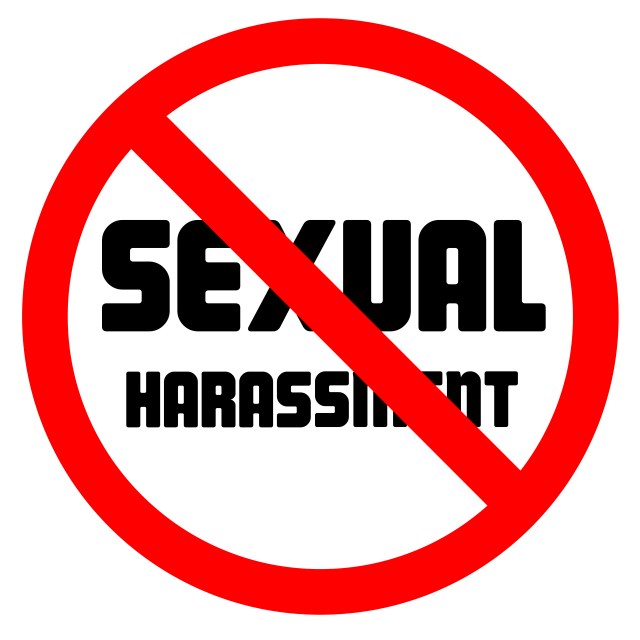Course Summary
Sexual harassment is a form of unlawful workplace discrimination under federal law and sometimes state and local law. Sexual harassment may be based on sexual orientation, self-identified or perceived sex, gender expression, gender identity, and the status of being transgender. Sexual harassment is a global problem that pervades all industries and occupations, including the medical community. Sexual harassment is mostly driven by a culture or climate within an organization that encourages or fails to discourage harassment. There cannot be progress in reducing sexual harassment unless management and employees work together to change the culture and climate within the employer organization. An employer should have a policy that prohibits sexual harassment. Sexual harassment training may be mandatory in some states and should aim at changing the workplace culture and climate that tends to promote harassment.
Course Format
Homestudy
Course Syllabus
- Introduction
- Rules Governing Sexual Harassment
- Defining Sexual Harassment
- Prevalance of Sexual Harassment
- The Workplace Culture and Climate
- Specific Forms of Sexual Harassment
- Verbal or Physical Harassment
- Conduct Rising to the Level of Harassment
- Quid Pro Quo or Hostile Environment
- Tangible Employment Action
- Harassment as a Single Incident
- Stalking Constituting Sexual Harassment
- Conduct that is Harassment
- Conduct that is Not Harassment
- Economic Harm and Employer Responsibility
- Setting a Higher Standard
- Effects of Sexual Harassment
- Effect on Employee-Victim
- Adverse Effects on Employee and Patient Care
- Personal Liability Stemming from Harassment
- Prevention of Sexual Harassment
- Policies and State-Mandated Training
- Managing Claims of Sexual Harassment
- Reasonable Investigation of a Claim
- Remedial Action
- Retaliation is Barred
- Case Studies: Sexual Harassment in the Workplace
- Workplace Stalking
- Was It Just a Prank or Sexual Harassment?
- Summary
Authors
Carly Sell, DNP, PMHNP-BC
Carly Sell, a Montana native, has worked as a psychiatric nurse for the past 14 years. Carly graduated in 2007 from Carroll College with her bachelor’s degree in nursing and from Montana State University in 2022 with her Doctor of Nursing Practice degree. Carly has always been passionate about improving overall mental health and wellbeing throughout the state of Montana through areas such as suicide prevention, mental health awareness education, and trauma-informed care. At home, Carly enjoys spending time with her husband, three amazing children, and a multitude of furry, feathered, and scaled friends. In addition, she loves hiking, attempting to garden, and supporting her family in their many sporting events and activities.
William Cook, PhD
William Cook, Ph.D. is a licensed psychologist who worked for 15 years in private practice in Montana before leaving his practice to work full time as the Director of CE4Less. He earned his doctorate degree from Texas A&M University, and focused much of his psychology practice in the area of child and family counseling, as well as psychological testing. Dr. Cook likes new challenges, foreign traveling to Africa and areas of Europe and the near East, scuba diving, running, music, and spending time with his family.


